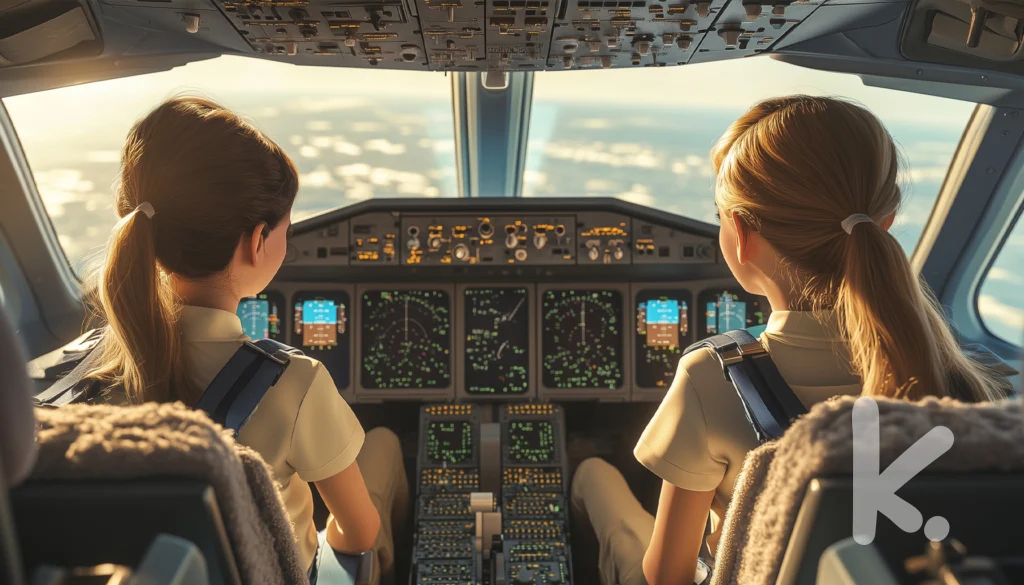A cross-country flight for a Private Pilot License (PPL) refers to a flight that meets specific FAA requirements for distance and navigational skills. Here are the key details for cross-country flight requirements under the FAA for a PPL:
-
Distance: The flight must be at least 50 nautical miles from the original departure airport.
-
Flight Time: For the PPL, one of the requirements is to complete a minimum of 3 hours of cross-country flight time. This can be accumulated in one or more flights, as long as the distance requirement is met.
-
Cross-Country Experience: You need to log at least one cross-country flight that is more than 150 nautical miles in total distance. This flight typically involves two or more landing points and allows you to demonstrate the ability to plan, navigate, and execute a flight over long distances.
-
Navigation: During cross-country flights, pilots practice using navigational aids like VORs, GPS, or visual references to help guide the aircraft to the destination. Planning and executing these flights are critical skills for a private pilot.
The cross-country flight is part of your overall training and helps ensure you have the skills needed to operate safely on longer flights, often through unfamiliar airspace and weather conditions.
If you have more specific questions about planning a cross-country flight or what exactly to expect during training, feel free to ask!
CLICK 👉 download 300 aviation books just 1 MB
CLICK 👉 AIRBUS A320 COURSE
CLICK 👉 BOEING 737 PILOT COURSE
CLICK 👉 BOEING 747 PILOT COURSE
CLICK 👉 BOEING 757 PILOT COURSE
CLICK 👉 BOEING 767 PILOT COURSE
CLICK 👉 BOEING 777 PILOT COURSE
CLICK 👉 BOEING 787 PILOT COURSE
CLICK 👉 CESSNA 150 PILOT COURSE
CLICK 👉 CESSNA 152 COURSE
CLICK 👉 CESSNA 162 SKYCATCHER
CLICK 👉 CESSNA 172N SKYHAWK
CLICK 👉 CESSNA 172S COURSE
CLICK 👉 CESSNA 182T SKYLANE
CLICK 👉 ROBINSON R22 COURSE
CLICK 👉 ROBINSON R44 RAVEN II

